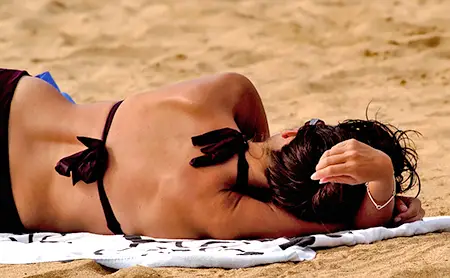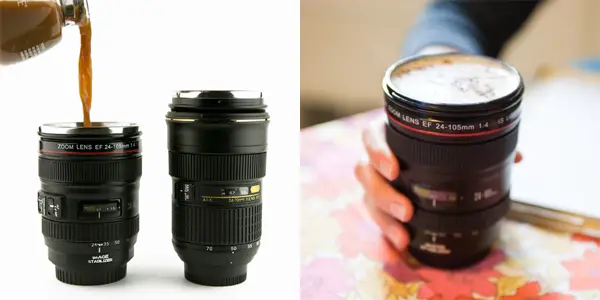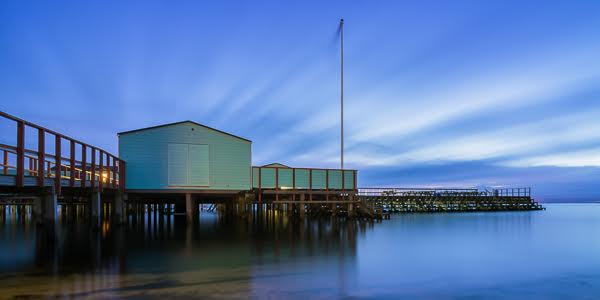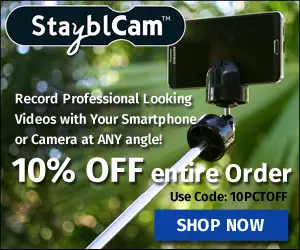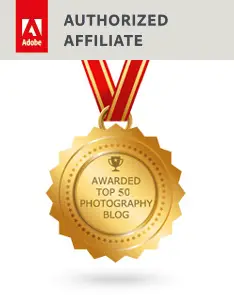Drone photography and videography are becoming big business, from real estate to special effects such as simulating views from aircraft or a bird’s eye. Aerial photography can be simply stunning and even abstract which makes for great photos.
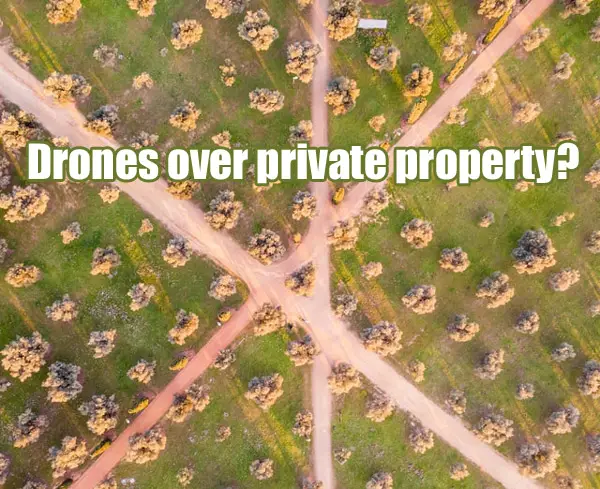
With money out there and more and more people getting into using drones for photography, legal questions arise over what you can fly over and take photos of. In this article, I will explain the legalities of flying drones over private property and related issues.
… Continue reading Is it Legal to Fly a Drone over Private Property? Laws Explained

 There has been a lot of discussion and a lot of fear among photographers regarding potential orphan works legislation.
There has been a lot of discussion and a lot of fear among photographers regarding potential orphan works legislation.